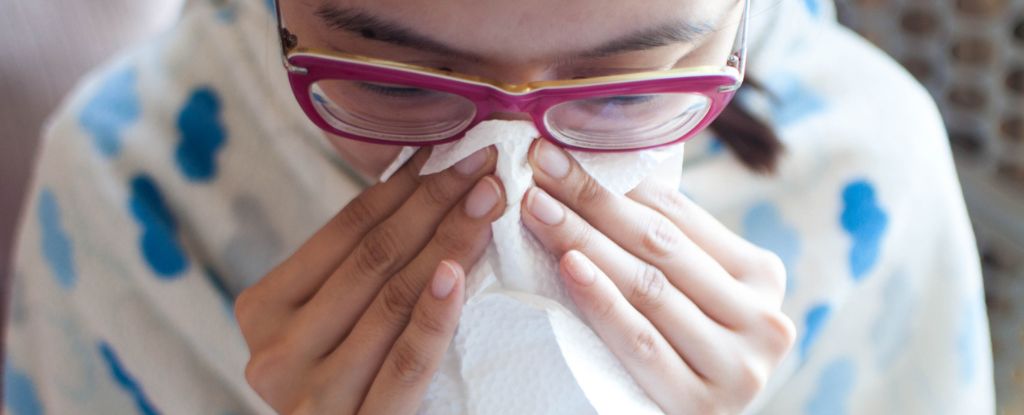The animal kingdom is almost dripping with mucus.
Amphibians, snails and snails Some of the most well-known mucus masters, but even the most isolated microorganisms can make ooze ooze from time to time.
In our species, mucus is created in the mouth, nose, throat, lungs, intestines, cervix, urinary tract, All for distinctive applications.
Even so, the origin of the slime in the environment is a secret.
Irrespective of the quite a few similarities concerning mucus, several varieties developed in parallel instead than in a branched, tree-like trend.
Across the glands and amongst mammals, a compact review found that many mucus genes will not basically share a common ancestor.
This is unconventional because most genes with similar capabilities occur from a typical inherited gene handed down from generation to generation since it confers survival gains.
Even in our species, the genes that code for mucus proteins belong to distinct households. A single secretes mucus proteins that form gel, even though the other generates mucus proteins sure to the mobile membrane. There are also “orphan” genes that code for mucus creation that just don’t match everywhere else.
Every of these distinctive breeds It might have developed independentlyAnd now the researchers think they fully grasp where they arrive from.
By comparing the genes that code for mucus, recognised as myosin genes, in 49 mammal species, the team observed that non-mucous proteins can evolve into sticky mucus proteins when small repeated chains of amino acids (the setting up blocks of proteins).
Amongst all the myosin genes examined, these random repeats were counted 15 different situations.
In other words, some genes in mammals that code for non-Musin proteins tend to stick alongside one another around time. These proteins are rich in natural and organic acid Proline They are quite probably to get clingy with generations, in accordance to the authors of the latest analyze.
“I really don’t imagine it was recognized prior to that protein operate advanced in this way, from the acquisition of a protein of repetitive sequences,” He reported Evolutionary biologist Omar Kokumin of the University of Buffalo.
“A protein that is not mucin results in being mucin by basically attaining repetitions. This is an essential signifies by which evolution generates mud. This is an evolving trick and we are now documenting what occurs مرارا وتكرارا.
The authors stumbled upon their discovery when learning human saliva. During the experiments, they recognized that a unique myosin gene in humans bore a similarity to one more gene witnessed in mice.
But when they attempted to locate a frequent origin, they failed.
The myosin gene in mice seems to have developed independently, though part of the gene shares a construction viewed in the genes dependable for human tears, which are not thought of mucus.
“We consider that someway this genetic strain finishes up being reused”, to describe Jokkumin.
“It acquires a repeat that confers mucin functionality and is now abundantly expressed in the saliva of mice and rats.”
If Gokcumen and colleagues are right, their conclusions existing researchers with a new system of genetic evolution: the formation of a new genetic purpose with no the regular course of action of a gene duplication occasion.
This parallel series of mutations in unrelated genes that guide to the exact purpose is an illustration of convergent evolution (wherever selective strain constitutes the same function of unrelated biological origin, as the wings of bats and birds) that happens at the genetic stage.
“If these fungi preserve evolving from non-myosin in excess of and more than in distinct species at distinct occasions, that implies you will find some form of adaptive tension earning them useful,” he stated. to explain Petar Pajek, evolutionary geneticist at the University of Buffalo.
“And then, on the other conclude of the spectrum, it’s possible if this system goes off the rails – it comes about much too generally or in the wrong tissue – it could most likely lead to diseases like some cancers or mucosal diseases.”
Although researching mucus could not feel like the most magical scientific endeavor, it is absolutely not an try to smell it.
The examine was posted in The development of experts.
–


